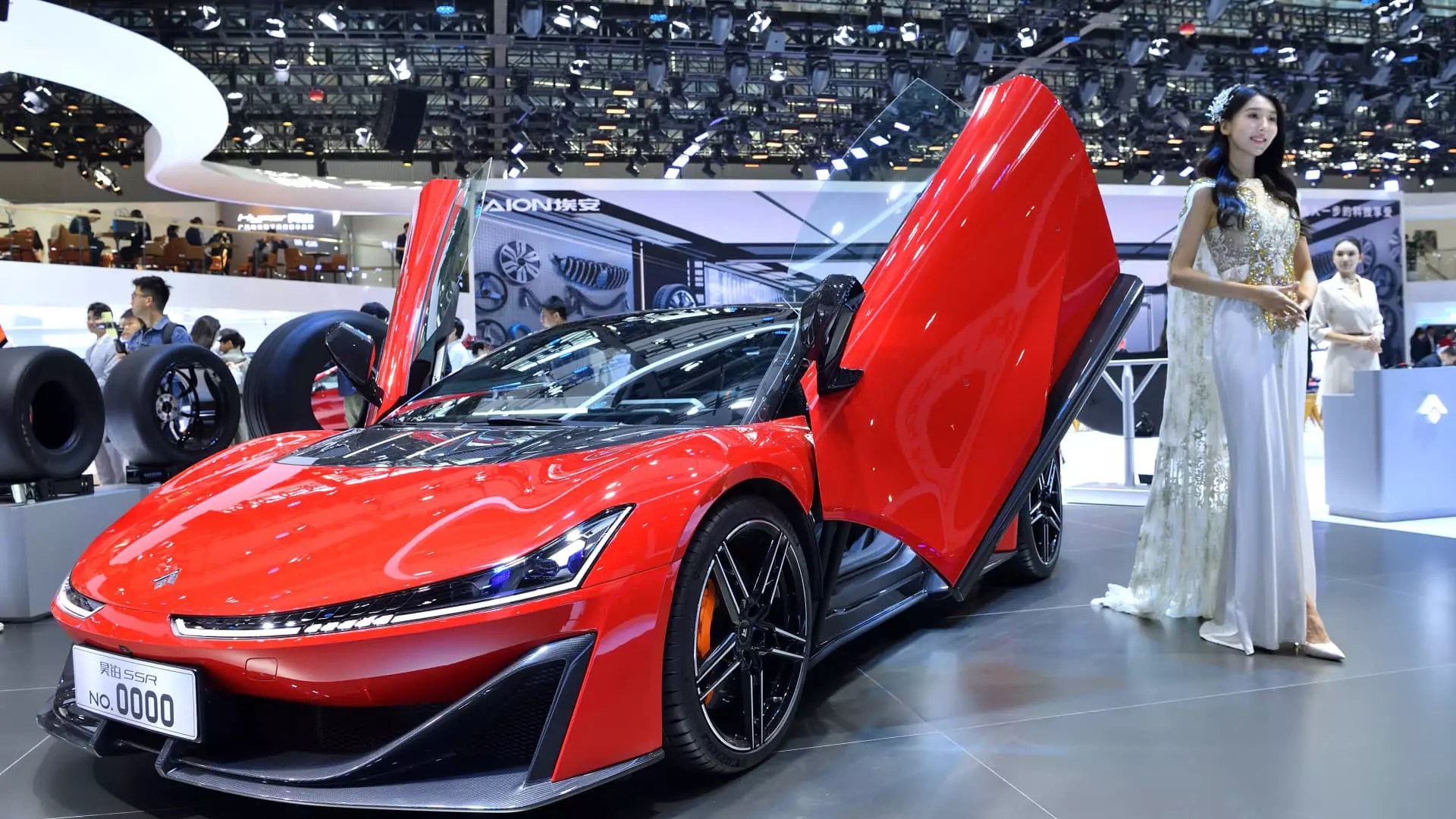Chinese automakers are making significant strides in expanding their presence in the global automotive market. A new report by AlixPartners predicts that Chinese automakers will capture 33% of the global market share by 2030, a considerable increase from their current 21% market share. The report suggests that much of this growth will come from markets outside of China, with sales expected to triple from 3 million to 9 million units by the end of the decade.
The rapid expansion of Chinese automakers has raised concerns among legacy automakers and politicians worldwide. There is a fear that the influx of lower-cost, Chinese-made vehicles could flood markets and compete with domestic models, particularly in the electric vehicle sector. The report highlights that Chinese automakers are capable of producing vehicles that are not only more affordable but also faster to market, technologically advanced, and efficient to manufacture.
In North America, Chinese automakers are projected to achieve only a 3% market share by 2030, primarily in Mexico. Stricter safety standards and import tariffs on Chinese EVs in the United States could hinder their growth in this region. However, Chinese brands are expected to experience substantial growth in other regions like Central and South America, Southeast Asia, the Middle East, and Africa. In Europe, the market share of Chinese automotive brands is anticipated to double from 6% to 12% by 2030.
Chinese automakers have several competitive advantages driving their global expansion. These include cost efficiencies, localized production strategies that align with consumer preferences, and tech-enriched vehicle offerings. The report highlights that Chinese EV automakers are able to develop new products in half the time compared to legacy automakers, mainly due to their focus on meeting standards rather than overengineering. Additionally, Chinese manufacturers benefit from a 35% cost advantage for vehicles made in China.
The rise of Chinese automakers poses a significant challenge to traditional automakers that operate under conventional business practices. The report warns that automakers sticking to outdated processes are at risk of becoming obsolete in the face of competition from Chinese brands. To remain competitive, legacy automakers will need to rethink their approach to business development and accelerate the pace of vehicle development to keep up with the disruptive forces in the industry.
The global expansion of Chinese automakers is reshaping the automotive landscape, with projections indicating a substantial increase in their market share by 2030. Legacy automakers will need to adapt to the changing dynamics of the industry to effectively compete with the innovative and cost-effective offerings from Chinese manufacturers. By embracing new strategies and revamping development processes, traditional automakers can position themselves for success in an increasingly competitive market environment.


Leave a Reply